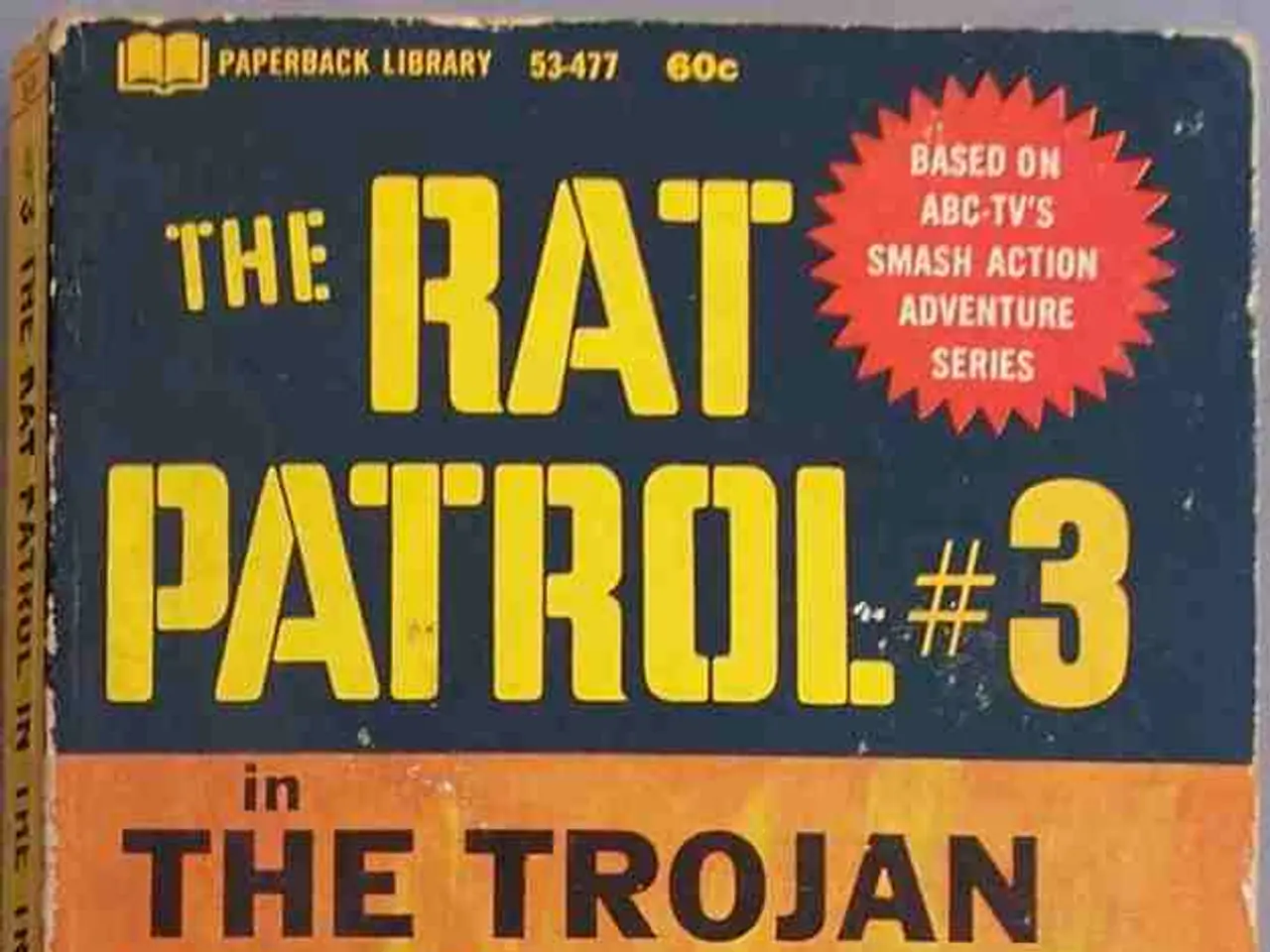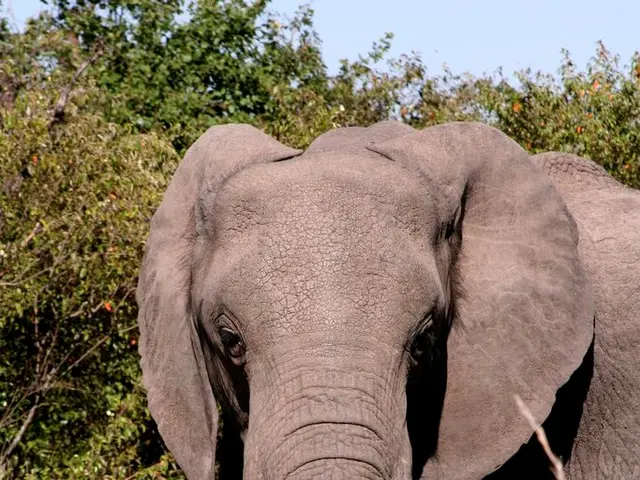Bodies of Turkish soldiers from the Korean War, absent for over seven and a half decades, returned to their homeland.
=====================================================================================
In a poignant moment of commemoration, the remains of four Turkish soldiers who fought and died in the Korean War (1950-1953) were returned to South Korea in August 2025. These soldiers served as part of the United Nations forces that supported South Korea during the conflict.
The remains had been recovered at different times, some from North Korea between 1996 and 2005 during joint recovery efforts by the U.S. and North Korea, and others had been buried temporarily in Hawaii. Initially believed to be U.S. soldiers or unidentified, they were later identified as Turkish by forensic examination[1][2].
The return process involved cooperation between the U.S. Defense POW/MIA Accounting Agency (DPAA), South Korea’s Ministry of National Defense Agency for KIA Recovery and Identification (MAKRI), and the United Nations Command. The remains were first transported from Hawaii to Osan Air Base in South Korea before being formally handed over during a ceremony. The soldiers' remains are to be examined further and subsequently repatriated to Turkey or buried at the United Nations Memorial Cemetery in Busan, South Korea[1][2][4][5].
The discovery came under a 2001 agreement between the United States and North Korea for excavation work in former battle areas. The Turkish Brigade, under Brigadier General Tahsin Yazici, departed from Iskenderun Port in Hatay in September 1950 and arrived at Pusan Port on Oct. 12, 1950. In the war, over 900 Turkish soldiers died, including more than 700 killed in battle, those who died from wounds after leaving the front, and missing soldiers. Some 462 Turkish soldiers killed in the war rest in the U.N. Korean Memorial Cemetery in Busan[2].
The Korean War started on June 25, 1950, when North Korea invaded South Korea. The war ended with a cease-fire agreement made on July 27, 1953, but technically continues because no peace treaty was signed. Pyongyang's nuclear weapons and missile program tests are considered one of the biggest obstacles to ending the war since 1953[6].
This event is significant as it symbolizes enduring respect and commemoration for the sacrifices made by international troops who fought in the Korean War. It reflects ongoing efforts by the U.S. and South Korea to recover and identify fallen soldiers, underscoring international cooperation decades after the war ended. The repatriation also deepens the historical ties between Turkey and South Korea, highlighting Turkey’s important role as part of the UN coalition during the war. The soldiers are scheduled to be laid to rest in Korea in a formal ceremony, marking a solemn closure for their families and countries[3].
The coordination was established between the Ministry of National Defense Recovery and Identification Agency (MAKRI) under South Korea's Ministry of Defense and the Military Attaché of Turkey's Seoul Embassy. DNA tests were requested from families for final results, and a working group involving different institutions was established in Turkey. The skeletal remains were assembled at laboratories of the Defense POW/MIA Accounting Agency (DPAA) under the U.S. Department of Defense in Hawaii[1][2].
Sources:
- Anadolu Agency
- Hurriyet Daily News
- TRT World
- Yonhap News Agency
- The Korea Herald
- CNN
- The Turkish soldiers, returned to South Korea in 2025, were part of the United Nations forces in the Korean War, serving under the Turkish Brigade, a notable NATO member country during war-and-conflicts.
- The political implications of this event reflect the strong historical ties between Turkey and South Korea, strengthened further by Turkey's role in the coalition during the Korean War, which is still significant in general-news discussions today.
- Following the formal ceremony, the remains of the Turkish soldiers will be either repatriated to Turkey or interred at the United Nations Memorial Cemetery in Busan, underscoring the ongoing cooperation between NATO allies in recovery efforts and conflicts resolution.







